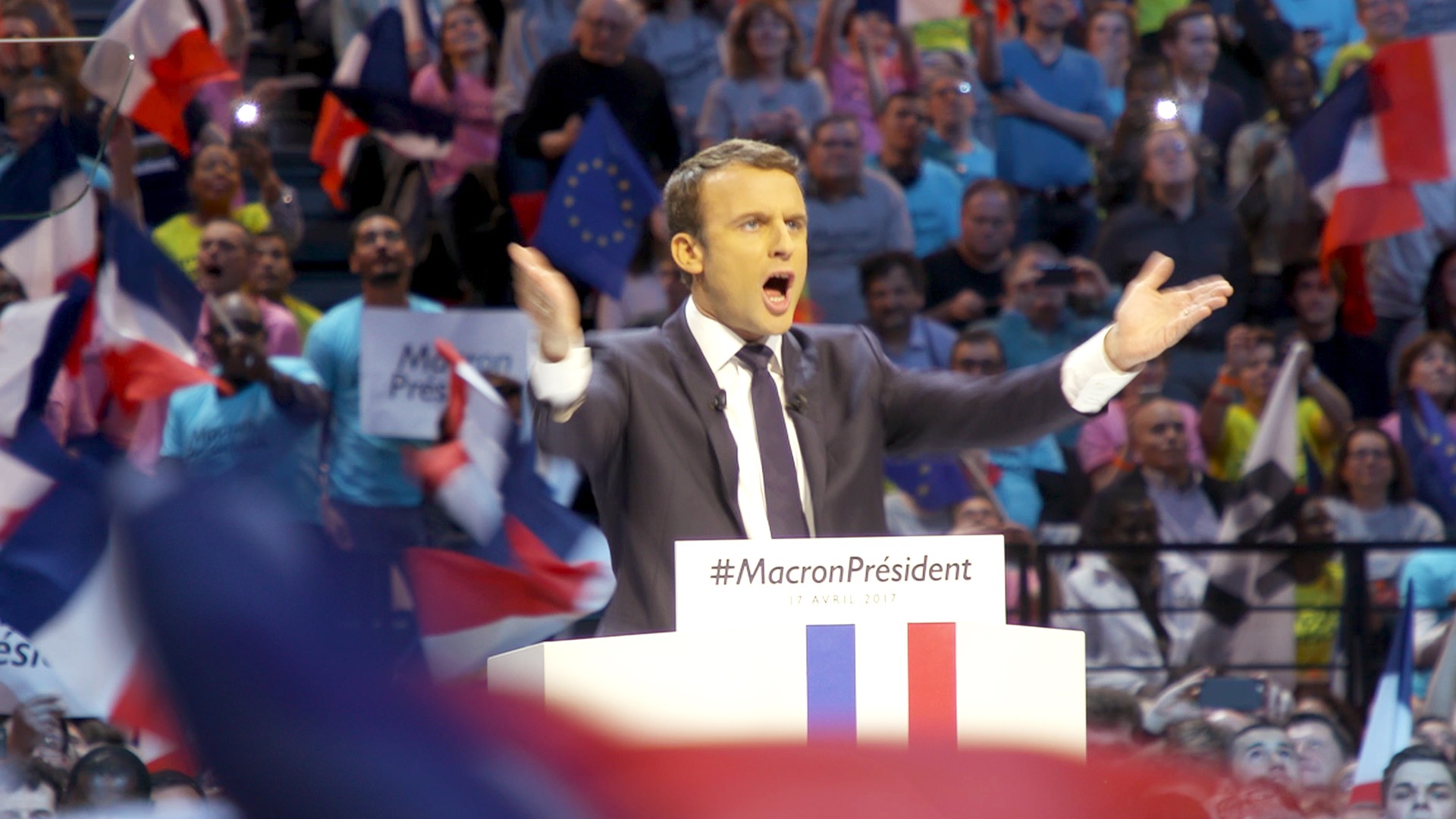Photos via Wikimedia Commons
French President Emmanuel Macron's newly appointed health minister Agnès Buzyn has embarked on an unprecedented vaccination campaign. Her recent decision to make eight additional vaccines mandatory (French law currently mandates three vaccines) has stoked a growing anti-vaccine movement in France. A recent World Health Organization study conducted before the announcement found that 41 percent of the French population mistrusts vaccines (compared with 10 percent in the 90s) and 17 percent denies their effectiveness entirely. These figures are substantially higher in France than in most European countries. It is a curious irony that France, a country that helped pioneer several vaccines, is the European country seemingly least confident of their safety. While the scientific community has debunked most anti-vaxxer claims, anti-vaccine protesters have continued to gain resonance.The movement's most persuasive argument rests on a study published in 1998 by the prestigious medical journal The Lancet that established a link between measles vaccines and autism. The study was torn to pieces on more than one occasion ( The Lancet even issued an apology), but the damage was done: The intense media coverage it received has sustained defiance against vaccines.Millions of French parents have since refused to vaccinate their children, provoking an upsurge in measles epidemics. Anti-vaccine protesters have also accused laboratories of drawing handsome profits from vaccines, suggesting collusion between the government and the pharmaceutical industry. With protests scheduled in September across the country, the anti-vaccine movement has also gained traction on social media, railing against the medical community and misleading patients with dark conspiracy theories.The French anti-vaccine movement is led by an odd coalition of activists whose primary concern does not appear to be public health. Parent associations genuinely concerned about children's wellbeing want both sides of the story, seeking greater transparency from health authorities on their relationship with pharmaceutical lobbies. New Age advocates, staunchly opposed to practices going against the natural course of life, spread petitions preaching alternative therapies. Fundamentalist Christian movements have also spearheaded anti-vaccine campaigns, claiming that vaccination threatens religious freedom. Two leading French associations for freedom of choice in immunization denounced what they view as a coercive and authoritarian approach by the government.,Worst of all, the anti-vaccine movement's influence should not be underestimated. Earlier this year it obtained a decision from the Conseil d'État – France's highest court – to make vaccination against tetanus voluntary.
Check out more videos from VICE:
"There is no debate: Vaccines are very effective, they are proven to work, and they save millions of lives," Buzyn told Libération, a French daily. "This is a classic case of defiance against experts fueled by fake news"'But in certain cases, the resurgence of the anti-vaccine movement has stirred doubt, halting previous progress.French health authorities introduced the vaccine against Hepatitis B in 1984, but it was only made officially recommended in 1992 thanks to a nationwide campaign to vaccinate infants. The infant vaccination rate against Hepatitis B increased from 27.5 percent in 1998 to 90 percent in 2015. Since the vaccine was introduced, cases in which the disease was contracted have fallen by 98 percent, and Hepatitis-related transplants have dropped by 90 percent.
Advertisement
Advertisement
The WHO estimates that vaccination saves 3 million lives annually across the world, but look no further than France for evidence. Every time health authorities recommended or made a vaccine compulsory and reimbursed by social security, infections fell sharply. Between 1948 and 1958, the year the anti-polio vaccine was introduced, the disease killed 2,200 people. Vaccination against polio was made compulsory in 1964, and by 1989 the disease was completely eradicated in France. Introduced in 1992, the vaccine against Haemophilus influenzae offset the disease. When it reemerged between 1996 and 2013, all 43 outbreaks were due to infants not being properly vaccinated or treated at all. The vaccine against rubella was introduced in 1976 and was included in the childhood vaccination schedule by 1983; infection rates have fallen by 97 percent since.The French anti-vaccine movement is led by an odd coalition of activists whose primary concern does not appear to be public health.
Check out more videos from VICE:

"There is no debate: Vaccines are very effective, they are proven to work, and they save millions of lives," Buzyn told Libération, a French daily. "This is a classic case of defiance against experts fueled by fake news"'
Advertisement
However, these figures began to turn around since the mid-2000s. Lower coverage of Hepatitis B vaccination has resulted from anti-vaccine campaigns that blamed the inoculations for causing scoliosis. These allegations were again summarily dismissed by the medical community. Of 2,000 diagnosed cases between 2006 and 2013, half of them were caused by teenagers who were not administered the second dose."It feels like we're back in the'40s when vaccines were widely contested," Professor François Chast -- a leading pro-vaccine activist and head of the Hotel-Dieu clinic in Paris - told VICE Impact. "How did we get here? The idea that all information is equal."Fortunately, a handful of medical associations have launched nationwide information campaigns that reinforce scientific fact. Before Buzyn's vaccination decision, health officials issued a petition to support the minister, reaffirming that vaccination protects the most vulnerable members of society. It sent a message loud and clear: France, the country that gave birth to Louis Pasteur – the biologist who created the first vaccines for rabies and anthrax – should be the one leading such vaccination efforts."There is no debate: Vaccines are very effective, they are proven to work, and they save millions of lives."
